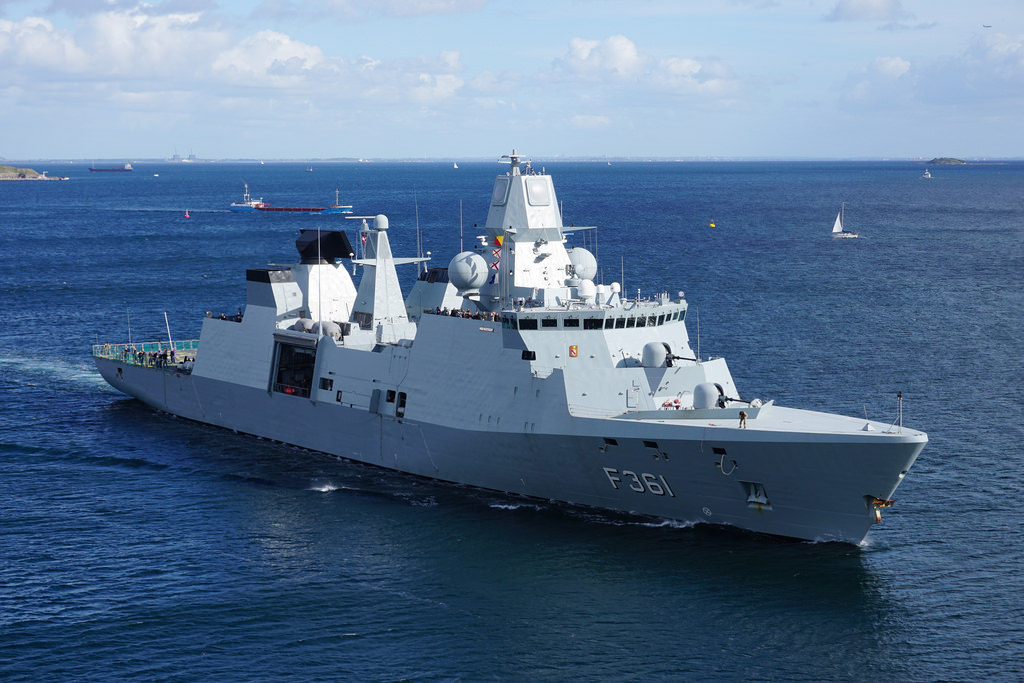For the first time in decades, Indonesia looks committed to considerably enhancing its air and naval capabilities, with early promises of $125 billion over the next two decades.
Defense Minister Prabowo Subianto was cited as stating on Jan. 27 t hat he had informed Indonesia's president that the nation would have "up to 50 warships" over the next two years. Regrettably, no information was available on the kind of "warships" he may have been referring to, whether frigates and destroyers or offshore patrol vessels. According to one expert who requested anonymity, this might simply mean that Indonesia's military would keep 50 ships on standby at any one moment.
What is certain is that the loss of one of Indonesia's outdated submarines last year, along with China's continual and aggressive violation of Indonesia's Extended Economic Zone, appears to have galvanized Prabowo and President Joko Widodo into pressing for major fiscal obligations.
Several squadrons of French Rafale and Boeing's F-15EX fighters are on the list of wanted weaponry. Prabowo has previously secured agreements for the construction of two British Arrowhead 140 frigates in Indonesia, as well as six Italian FREMM multi-role frigates and two reconditioned Italian Navy Maestrale-class light frigates.
The original pledge of $125 billion was made in June last year in a document titled "Fulfilling the Defense and Security Equipment Needs of the Ministry of Defense and the Indonesian Armed Forces (TNI) 2020-24."
"You've got a defense minister with a military background who has been very active — particularly during the pandemic — traveling overseas to shore up defense ties," says Natalie Sambhi, an Australian expert on Indonesian national security and executive director of Verve Research, an independent research collective focused on Southeast Asian security. "Yes, we may discuss his personal political objectives for it, but at the end of the day, he has been very engaged in advancing this modernization effort." (Prabowo is generally believed to be considering a presidential candidacy.)
While recent intrusions into Indonesia's exclusive economic zone (EEZ) by Chinese warships and others look to give Prabowo's military buildup a chance, huge institutional and political obstacles remain.
Perhaps the most significant long-term impediment to the accord is the fact that the army constitutes the great bulk of Indonesia's armed forces. And, according to numerous Indonesian security analysts, the army is more concerned with its connection with the Indonesian people, on whom it depends to provide defense in depth against an aggressor, than with its own domestic armament expenditures.

The army's supremacy "tends to create certain impediments to addressing the higher-tech requirements of the navy and air force," observes Robert Cribb, an Australian National University history professor. Combine this with the army and government's long-term commitment to prioritize indigenous weapon acquisition, and the strategy may face significant roadblocks in the long run. Sambhi and Cribb also refer to a pervasive conviction among many Indonesians that "money spent on welfare is a better military investment than weaponry."
However, those concerns are balanced by the plain conviction that allowing other nations to frequently plunder its fisheries and generally impinge on its sovereignty is not acceptable. "Indonesia recognizes that it will never have the adequate naval capability to properly fight Chinese threats, but it must do something," Sambhi adds.



















